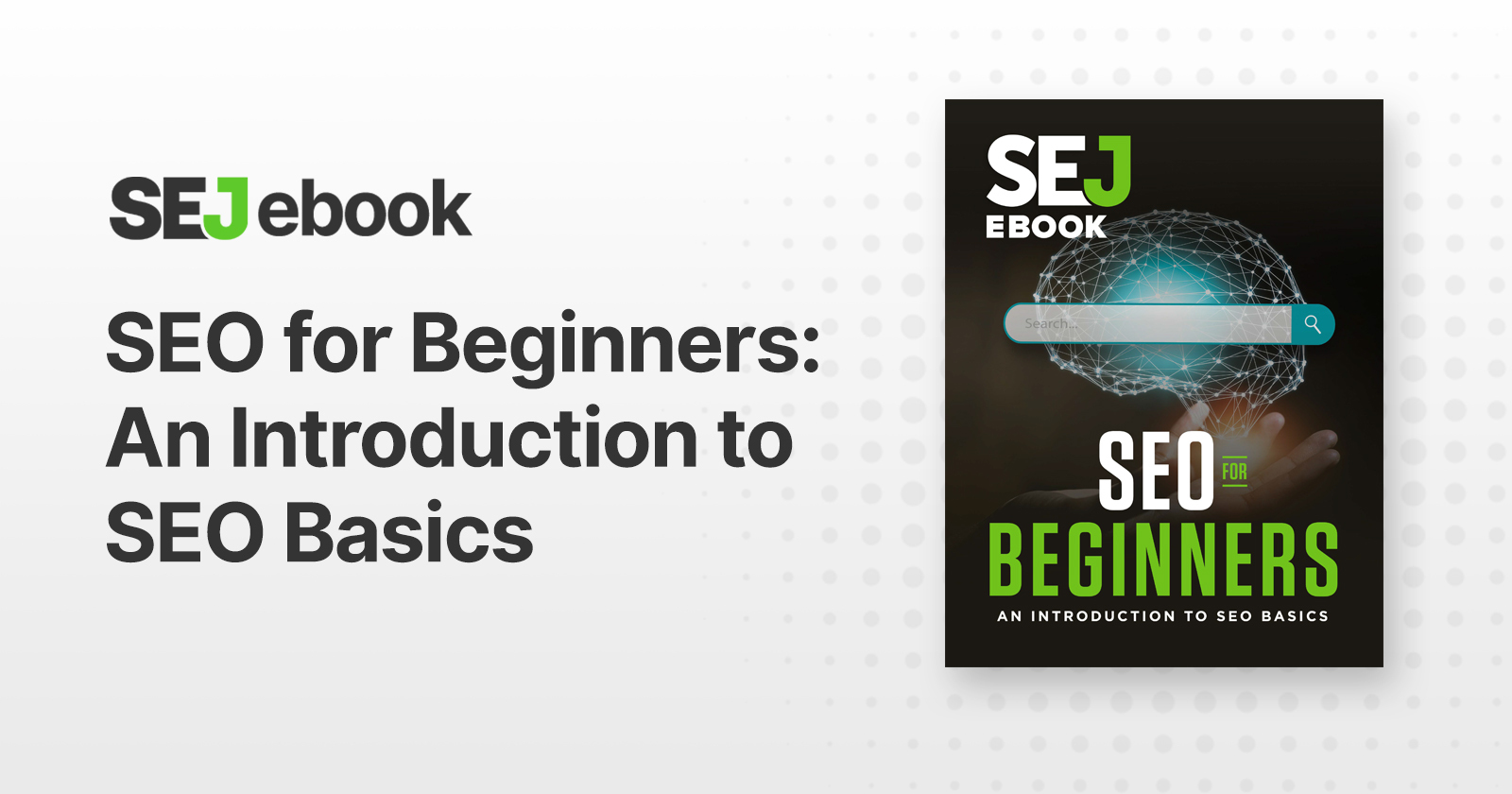We all know that in digital world, search engines serve as the gateways to information. Whether you’re running a blog, an e-commerce site, or a personal webpage, optimizing your content for search engines is crucial. Meta tags play a pivotal role in this process. In this blog, we will delve into what meta tags are and provide you with insights on how to write SEO-optimized meta tags to improve your website’s visibility.
What Are Meta Tags?
Meta tags are snippets of HTML code that provide information about a webpage to search engines and website visitors. They are invisible to the visitor when viewing the page but play a crucial role behind the scenes in search engine optimization (SEO). There are several types of meta tags, but two of the most important ones are the <title> tag and the <meta name="description"> tag.
- Title Tag (
<title>): The title tag is arguably the most critical meta tag. It specifies the title of a webpage and appears as the clickable link in search engine results pages (SERPs). It should accurately represent the content of the page and contain relevant keywords. - Meta Description Tag (
<meta name="description">): The meta description tag provides a brief summary of the webpage’s content. It appears below the title in SERPs and helps users decide whether to click on the link or not. An effective meta description is concise, compelling, and includes relevant keywords.
Why Are Meta Tags Important for SEO?
Meta tags are essential for SEO for several reasons:
- Improved Click-Through Rate (CTR): A well-crafted title tag and meta description can attract users’ attention and entice them to click on your link in the search results.
- Keyword Optimization: Including relevant keywords in your meta tags helps search engines understand the content of your page and rank it for relevant queries.
- Better Search Engine Ranking: While meta tags alone won’t guarantee a high search engine ranking, they are an important factor in search algorithms. They contribute to the overall optimization of your webpage.
How to Write SEO-Optimized Meta Tags
Now that we understand the importance of meta tags, let’s explore how to write SEO-optimized ones:
1. Research Keywords:
- Identify relevant keywords related to your webpage’s content.
- Use keyword research tools like Google Keyword Planner or SEMrush to find popular and relevant keywords.
2. Craft a Compelling Title Tag:
- Keep it concise (under 60 characters) but descriptive.
- Include the primary keyword near the beginning.
- Make it engaging to encourage clicks.
3. Create an Informative Meta Description:
- Keep it between 150-160 characters.
- Summarize the content and purpose of the page.
- Use action-oriented language to encourage clicks.
- Include secondary keywords naturally.
4. Unique Tags for Each Page:
- Every page on your website should have a unique title and meta description tag that accurately represents its content.
5. Avoid Keyword Stuffing:
- Do not overuse keywords; aim for a natural, readable flow in your tags.
6. Use Schema Markup:
- Consider adding schema markup to provide more context to search engines, especially for product pages, reviews, and events.
7. Mobile Optimization:
- Ensure your meta tags are optimized for mobile users as search engines increasingly prioritize mobile-first indexing.
8. Regularly Update Meta Tags:
- Keep your meta tags up-to-date as the content on your page evolves.
9. Test and Analyze:
- Use tools like Google Search Console to monitor how your meta tags are performing and make adjustments as needed.
So finally we can say, meta tags are an integral part of SEO. Crafting SEO-optimized meta tags involves thorough research, effective communication, and a focus on user engagement. By following these guidelines, you can enhance your website’s visibility and attract more organic traffic, ultimately contributing to your online success. Remember that SEO is an ongoing process, and regularly updating and optimizing your meta tags is essential to maintain and improve your search engine rankings.



1 comment